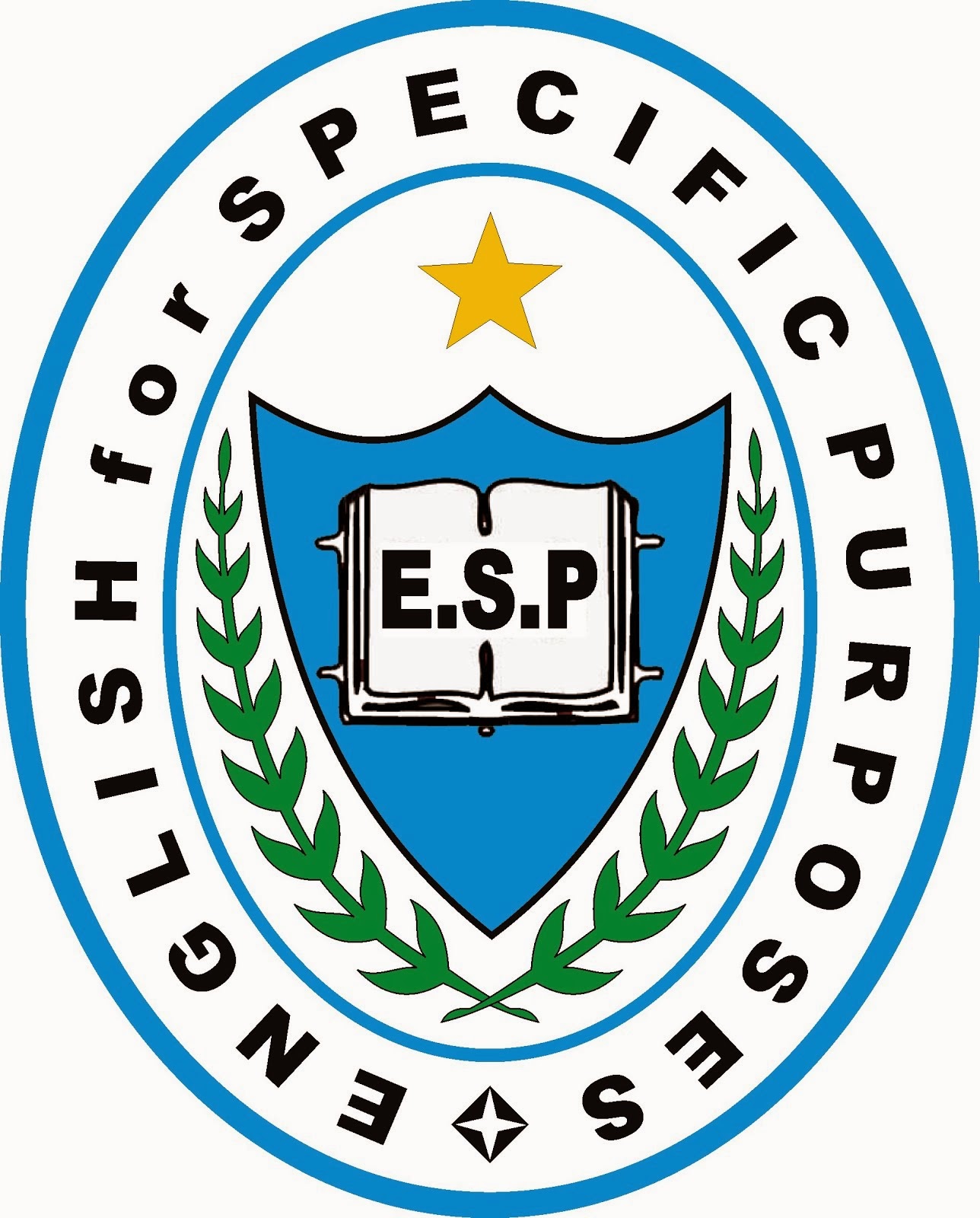In 1928, bacteriologist Alexander Fleming made a chance discovery from
an already discarded, contaminated Petri dish. The mold that had
contaminated the experiment turned out to contain a powerful antibiotic,
penicillin. However, though Fleming was credited with the discovery, it
was over a decade before someone else turned penicillin into the
miracle drug for the 20th century.
How did this Petri dish almost get cleaned before being noticed? How did
the mold get onto the dish? Who transformed penicillin into a useful
drug?
The Chance Discovery
On a September morning in 1928, Alexander Fleming sat at his work bench
at St. Mary's Hospital after having just returned from a vacation at The
Dhoon (his country house) with his family. Before he had left on
vacation, Fleming had piled a number of his Petri dishes to the side of
the bench so that Stuart R. Craddock could use his work bench while he
was away.
Back from vacation, Fleming was sorting through the long unattended
stacks to determine which ones could be salvaged. Many of the dishes had
been contaminated. Fleming placed each of these in an ever growing pile
in a tray of Lysol.
Much of Fleming's work focused on the search for a "wonder drug." Though
the concept of bacteria had been around since Antonie van Leeuwenhoek
first described it in 1683, it wasn't until the late nineteenth century
that Louis Pasteur confirmed that bacteria caused diseases. However,
though they had this knowledge, no one had yet been able to find a
chemical that would kill harmful bacteria but also not harm the human
body.
In 1922, Fleming made an important discovery, lysozyme. While working
with some bacteria, Fleming's nose leaked, dropping some mucus onto the
dish. The bacteria disappeared. Fleming had discovered a natural
substance found in tears and nasal mucus that helps the body fight
germs. Fleming now realized the possibility of finding a substance that
could kill bacteria but not adversely affect the human body.
In 1928, while sorting through his pile of dishes, Fleming's former lab
assistant, D. Merlin Pryce stopped by to visit with Fleming. Fleming
took this opportunity to gripe about the amount of extra work he had to
do since Pryce had transferred from his lab. To demonstrate, Fleming
rummaged through the large pile of plates he had placed in the Lysol
tray and pulled out several that had remained safely above the Lysol.
Had there not been so many, each would have been submerged in Lysol,
killing the bacteria to make the plates safe to clean and then reuse.
While picking up one particular dish to show Pryce, Fleming noticed
something strange about it. While he had been away, a mold had grown on
the dish. That in itself was not strange. However, this particular mold
seemed to have killed the Staphylococcus aureus that had been growing in the dish. Fleming realized that this mold had potential.
What Was That Mold?
Fleming spent several weeks growing more mold and trying to determine
the particular substance in the mold that killed the bacteria. After
discussing the mold with mycologist (mold expert) C. J. La Touche who
had his office below Fleming's, they determined the mold to be a
Penicillium mold. Fleming then called the active antibacterial agent in
the mold, penicillin.
But where did the mold come from? Most likely, the mold came from La
Touche's room downstairs. La Touche had been collecting a large sampling
of molds for John Freeman, who was researching asthma, and it is likely
that some floated up to Fleming's lab.
Fleming continued to run numerous experiments to determine the effect of
the mold on other harmful bacteria. Surprisingly, the mold killed a
large number of them. Fleming then ran further tests and found the mold
to be non-toxic.
Could this be the "wonder drug"? To Fleming, it was not. Though he saw
its potential, Fleming was not a chemist and thus was unable to isolate
the active antibacterial element, penicillin, and could not keep the
element active long enough to be used in humans. In 1929, Fleming wrote a
paper on his findings, which did not garner any scientific interest.
Twelve Years Later
In 1940, the second year of World War II, two scientists at Oxford
University were researching promising projects in bacteriology that
could possibly be enhanced or continued with chemistry. Australian
Howard Florey and German refugee Ernst Chain began working with
penicillin. Using new chemical techniques, they were able to produce a
brown powder that kept its antibacterial power for longer than a few
days. They experimented with the powder and found it to be safe.
Needing the new drug immediately for the war front, mass production
started quickly. The availability of penicillin during World War II
saved many lives that otherwise would have been lost due to bacterial
infections in even minor wounds. Penicillin also treated diphtheria,
gangrene, pneumonia, syphilis and tuberculosis.
Recognition
Though Fleming discovered penicillin, it took Florey and Chain to make
it a usable product. Though both Fleming and Florey were knighted in
1944 and all three of them (Fleming, Florey and Chain) were awarded the
1945 Nobel Prize in Physiology or Medicine, Fleming is still credited
for discovering penicillin.











